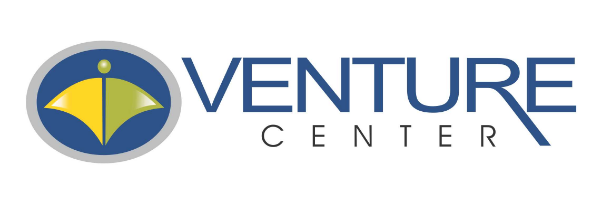PadCare Labs: Pioneering Menstrual Hygiene and Waste Management
Ensuring menstrual hygiene and safety of rag pickers PadCare Labs has come up with a technology to recycle soiled sanitary napkins
Background
Ajinkya Dhariya, a mechanical engineering graduate with a passion for sustainability, began his journey into entrepreneurship by founding PadCare Labs. Hailing from a coastal village in Maharashtra’s Raigad district, Ajinkya was moved by the hazardous conditions faced by rag pickers in Pune who often handled soiled sanitary napkins with their bare hands. This interaction sparked his mission to address the issue of menstrual waste.
Recognizing the multiple challenges of menstrual hygiene and safety for both women and waste pickers, Ajinkya applied for the SOCH (Solutions for Community Health) award of BIRAC and pitched his idea at Venture Center. With a SOCH grant of ₹15 lakhs, he conducted market research and developed a proof of concept. Further support from Venture Center helped him secure an additional ₹50 lakhs to transform his concept into a minimum viable product.
Tackling a Massive Problem
India’s population of menstruating women is estimated at 330 million, with each woman using up to 10,000 sanitary pads until menopause. This results in approximately 12 billion soiled napkins being disposed of annually, posing significant environmental and health hazards as they typically end up in landfills or clogging drains.
To tackle this problem, Ajinkya, with the help of Venture Center and Tata Trust, conducted an on-ground pilot, leading to the development of PadCare Labs' 5D process – Disinfection, Deodorization, Decolorization, Disintegration, and Deactivation. This innovative recycling technology preserves valuable materials like cellulose and plastic, repurposing them into products like paper and paver blocks.
Innovative Business Model
PadCare Labs offers menstrual hygiene management as a service, which includes awareness, accessibility, disposal, and recycling. The company developed specialized bins for discreet napkin disposal, ensuring odor control and infection prevention. These bins, which can store up to 75 soiled napkins, are regularly serviced, and their contents are processed at PadCare’s central plant in Pune.
PadCare collaborates with corporations, organizations, communities, and housing societies to meet sustainable development goals. By providing bins free of charge and offering napkin collection services, PadCare emphasizes its commitment to environmental stewardship.
Commitment to Sustainability
PadCare Labs prioritizes data tracking throughout its supply chain to generate plastic credits, carbon credits, and adhere to Extended Producer Responsibility (EPR) standards. By embracing clean technology and aligning with sustainable development objectives, PadCare demonstrates a holistic approach to menstrual hygiene and waste management. Their innovative business model and technology not only address environmental issues but also provide safer and more dignified waste management solutions for rag pickers.
A Path to a Greener Future
PadCare Labs journey from a startup idea to a commercial success story is a
testament to the impact of entrepreneurial spirit and support from
incubators like Venture Center. Their groundbreaking technology and
sustainable business model highlight the importance of innovation in
addressing pressing environmental and health challenges, paving the way
for a greener, healthier future.

